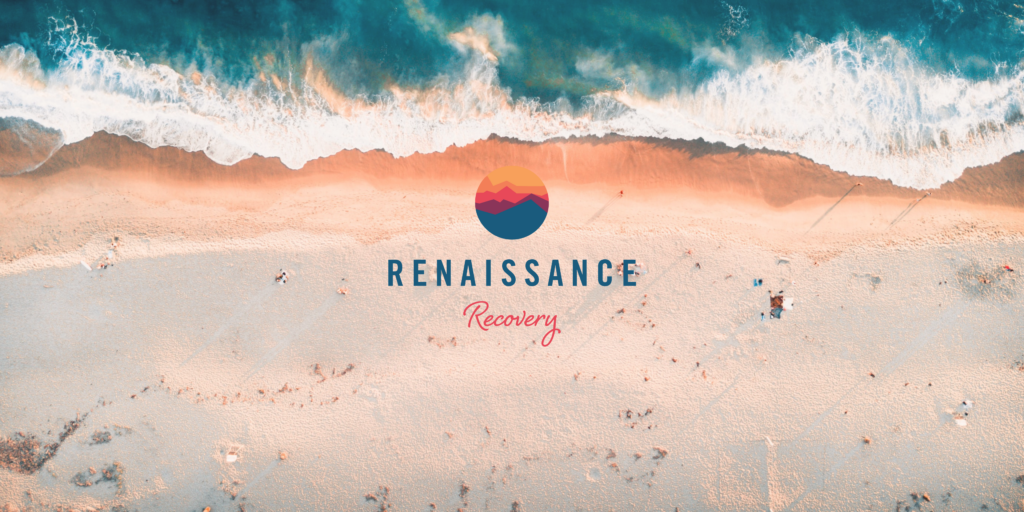Klonopin is a benzodiazepine used to treat panic disorders and seizures. Klonopin rehab enables people to detox from the drug and develop strategies for living substance-free. Rehab centers offer comprehensive treatment plans to address the root causes of addiction to Klonopin, tackling both physical dependence and the psychological aspect of benzo addiction.
Klonopin Rehab Centers
Treatment for addiction to Klonopin (clonazepam) can take place in either an inpatient or outpatient setting. NIDA (National Institute on Drug Abuse) states that addiction treatment should be personalized, addressing not only substance use but also any psychological, social, health, and work-related complications. Effective treatment plans usually involve a blend of behavioral therapy, medications, management of co-occurring mental health disorders, and ongoing care to prevent relapse.
Detoxing from benzodiazepines like Klonopin is associated with potentially dangerous withdrawal symptoms. Medically supervised detoxification streamlines the intensity of the withdrawal process and reduces the chance of relapse disrupting early recovery. While detox is the first fundamental stage of recovery, ongoing treatment is almost always required. This may involve transitioning directly into inpatient rehab or connecting with an outpatient program.
Inpatient Klonopin rehab offers around-the-clock care and medical supervision for those tackling opioid addictions. Inpatient rehab, also known as residential rehab, is typically indicated for those with severe addictions, polysubstance use issues, co-occurring disorders, or unsupportive home environments. Individuals remain at inpatient Klonopin rehab centers from detox to discharge. Treatments may include MAT (medication-assisted treatment), CBT (cognitive behavioral therapy), motivational therapies, counseling, and holistic interventions.
Outpatient treatment for Klonopin addiction enables people to live at home and maintain daily responsibilities while engaging with treatment. Those with milder addictions and stable, supportive networks may find that outpatient Klonopin rehab offers an affordable and flexible pathway to sustained recovery. Individuals can access the same treatments which are delivered in an inpatient setting. The duration and intensity of outpatient programs differs greatly.

How Long Is Rehab for Klonopin?
How long does Klonopin rehab last, then? The length of rehab for Klonopin addiction can vary based on individual needs and the severity of the addiction:
- Inpatient rehab: Residential rehab typically lasts between 30 to 90 days. Longer treatment stays are usually associated with superior outcomes.
- Outpatient rehab: Outpatient programs usually last for 3 to 4 months, depending on the intensity of treatment and the severity of the addiction.
What Is Klonopin Addiction Treatment Like?
Treatment for addiction to Klonopin should be individualized and usually includes the following core components:
- Supervised medical detoxification: Gradual tapering off of Klonopin under medical supervision to minimize withdrawal symptoms and reduce the risk of seizures.
- Counseling and behavioral interventions: Individual counseling helps people explore the root causes of their Klonopin addictions. Group therapy enables people to share coping techniques and benefit from the support of peers undergoing similar experiences. Behavioral interventions like CBT (cognitive behavioral therapy) help people identify triggers for substance abuse and develop healthier coping mechanisms.
- Dual diagnosis treatment for co-occurring disorders: If there is a co-occurring mental health disorder, integrated treatment for both the Klonopin addiction and the mental health condition delivers the most positive treatment outcomes.
- Support groups: Participation in peer support groups like NA (Narcotics Anonymous) or SMART Recovery provides a community of individuals undergoing similar experiences and challenges.
- Aftercare: Long-term success in recovery usually requires ongoing support and aftercare planning to prevent relapse.
Finding a Klonopin Addiction Treatment Center
To find a Klonopin addiction treatment center:
- Research options: Look for accredited facilities that specialize in benzodiazepine addiction and offer evidence-based treatments.
- Check qualifications: Ensure that the center has qualified staff with experience in treating prescription drug addictions.
- Verify insurance coverage: Confirm that the treatment center is covered by your insurance, or check their financing options.
- Consider location: Decide whether a local facility or a center further away is best for your recovery environment.
- Get recommendations: Consult with healthcare providers or support groups for trusted recommendations.

Renaissance Recovery’s Klonopin Addiction Treatment Center in California
Engage with effective and compassionate Klonopin addiction rehab at Renaissance Recovery in Huntington Beach, California.
If you need help with withdrawal from benzos like Klonopin, we can connect you with licensed medical detox facilities throughout the state. After a tapered reduction in dosage, you can continue with outpatient treatment at Renaissance.
Benzos like Klonopin can be powerfully psychologically addictive. During treatment at Renaissance, you will learn how to identify triggers for substance use, and you’ll also develop healthier coping mechanisms for sober living.
Expect to access a personalized array of treatments like:
- Medication-assisted treatment
- Motivational therapy
- Psychotherapy
- Holistic treatments
- One-to-one counseling
- Group therapy
- Family therapy
- Aftercare planning
For effective Klonopin rehab, call 866.330.9449 and begin your recovery right away.








